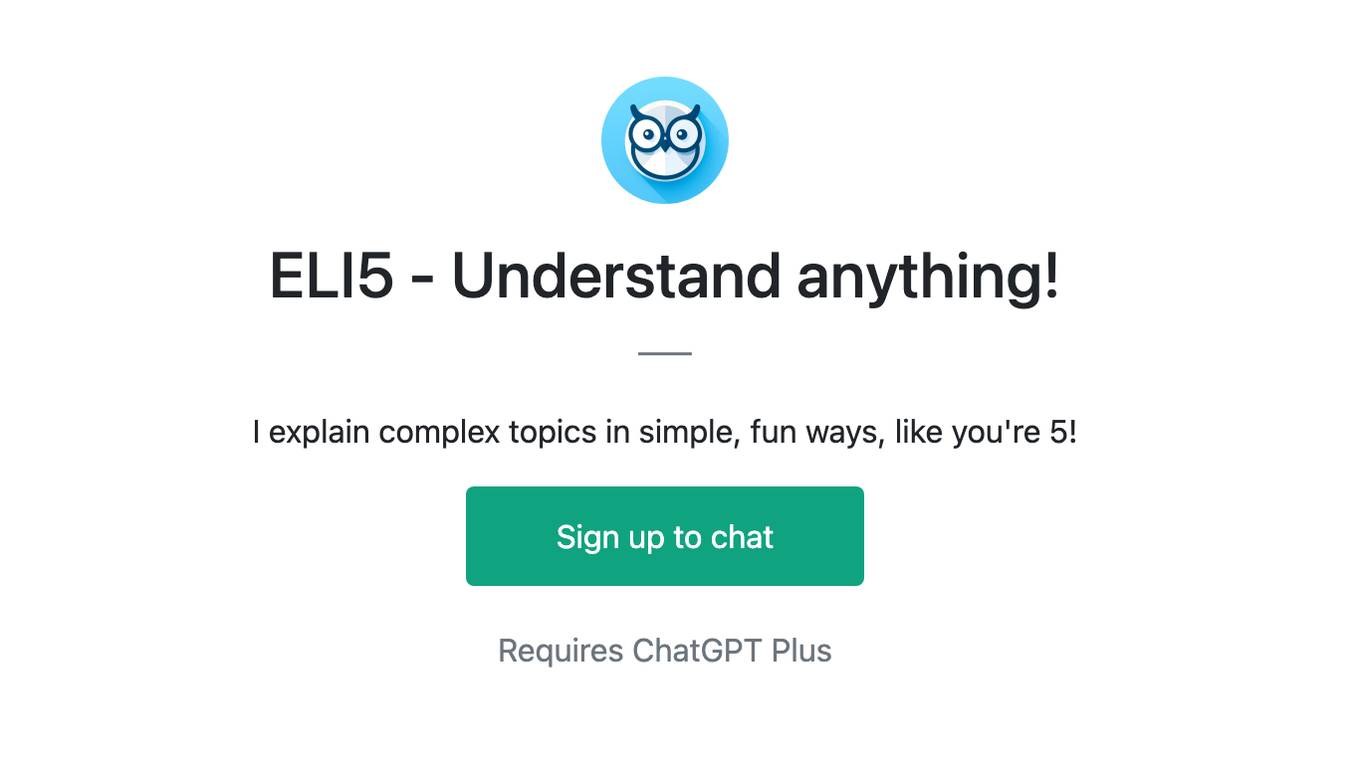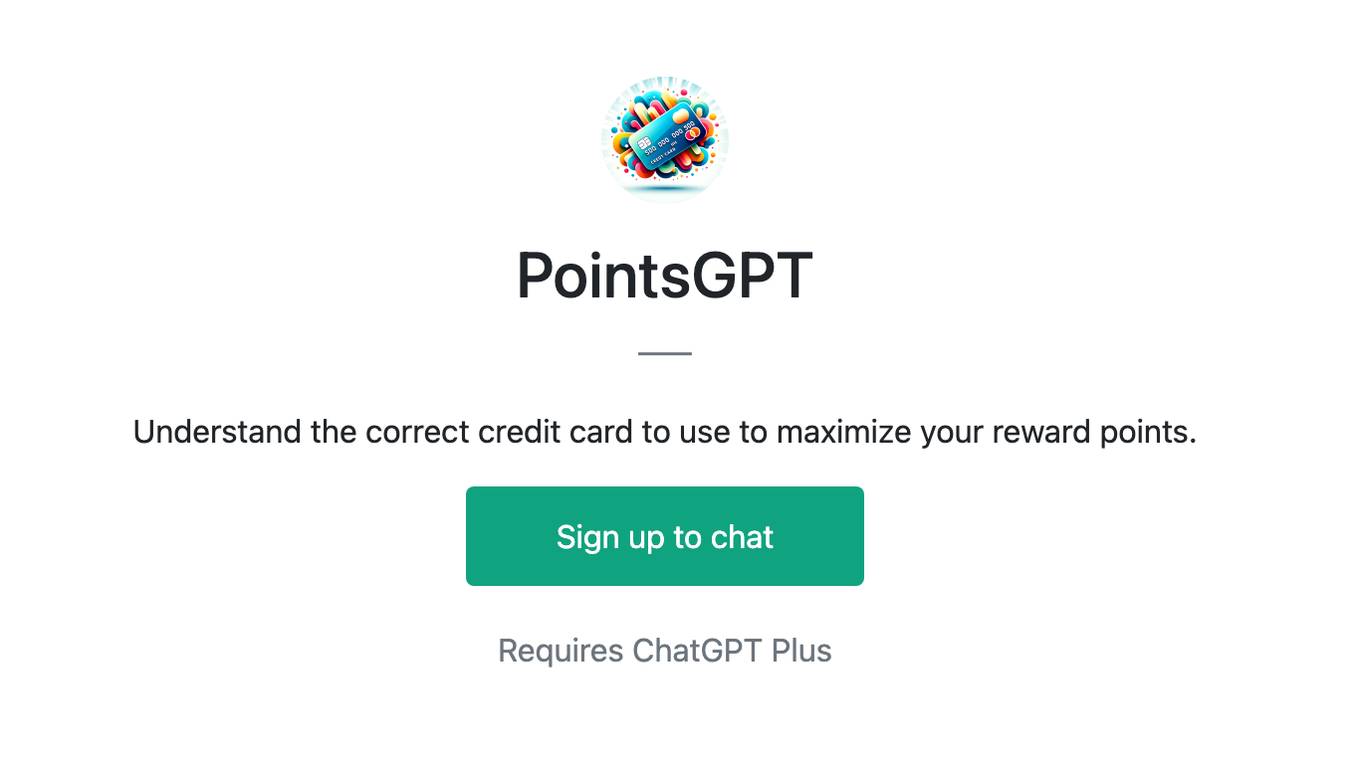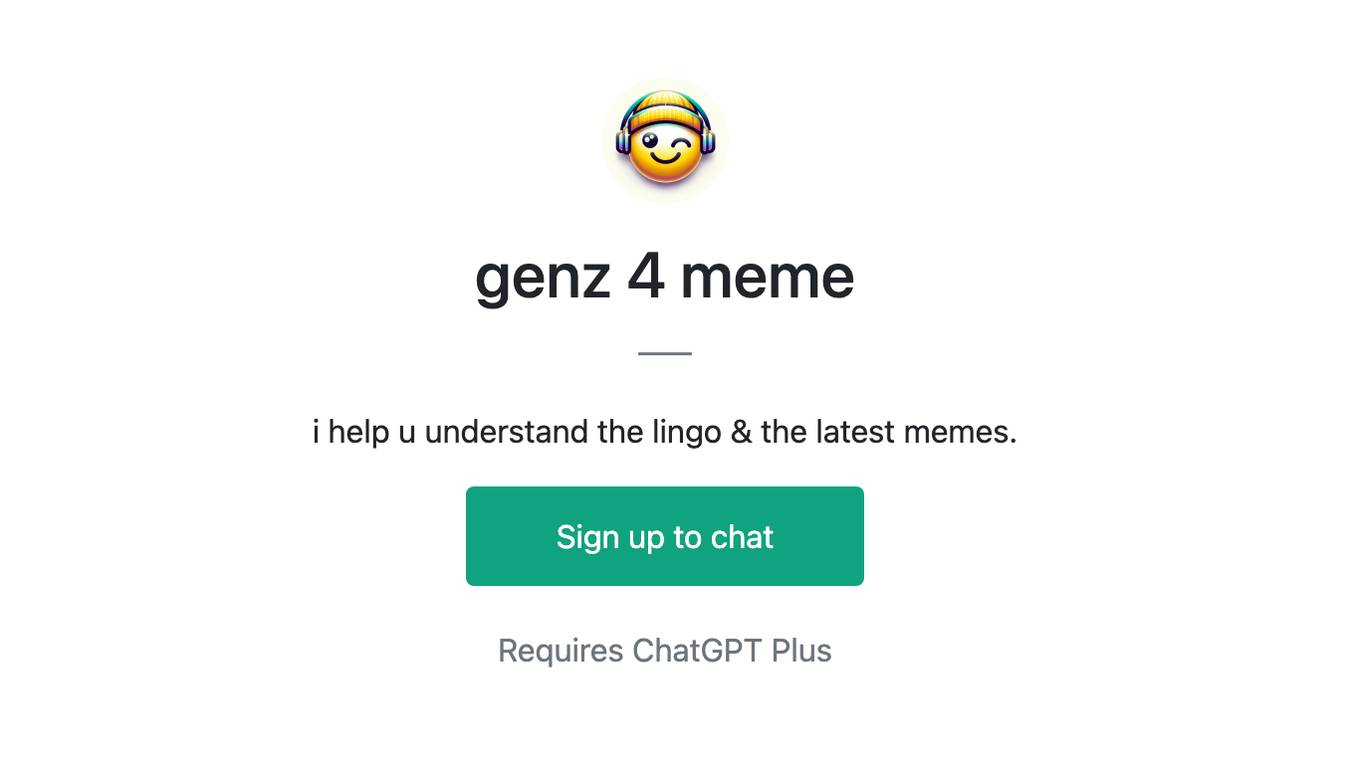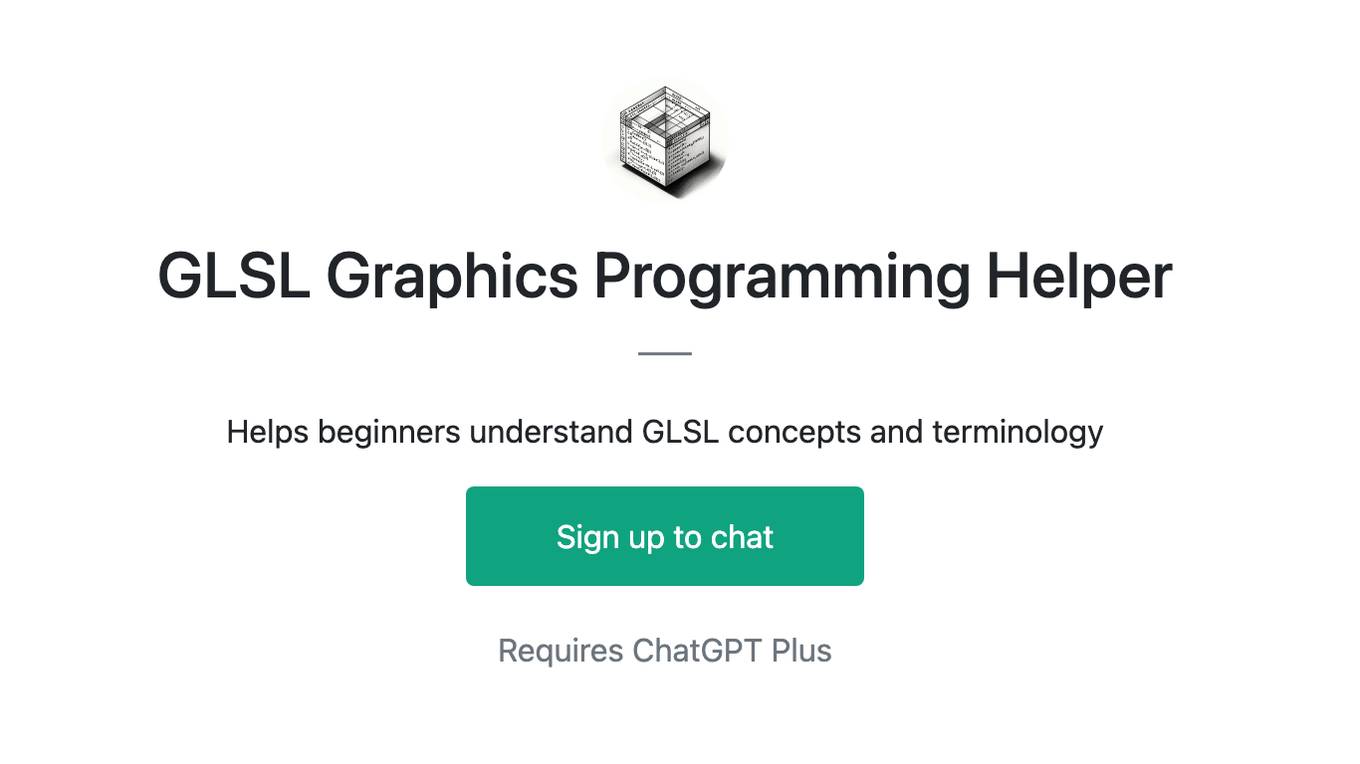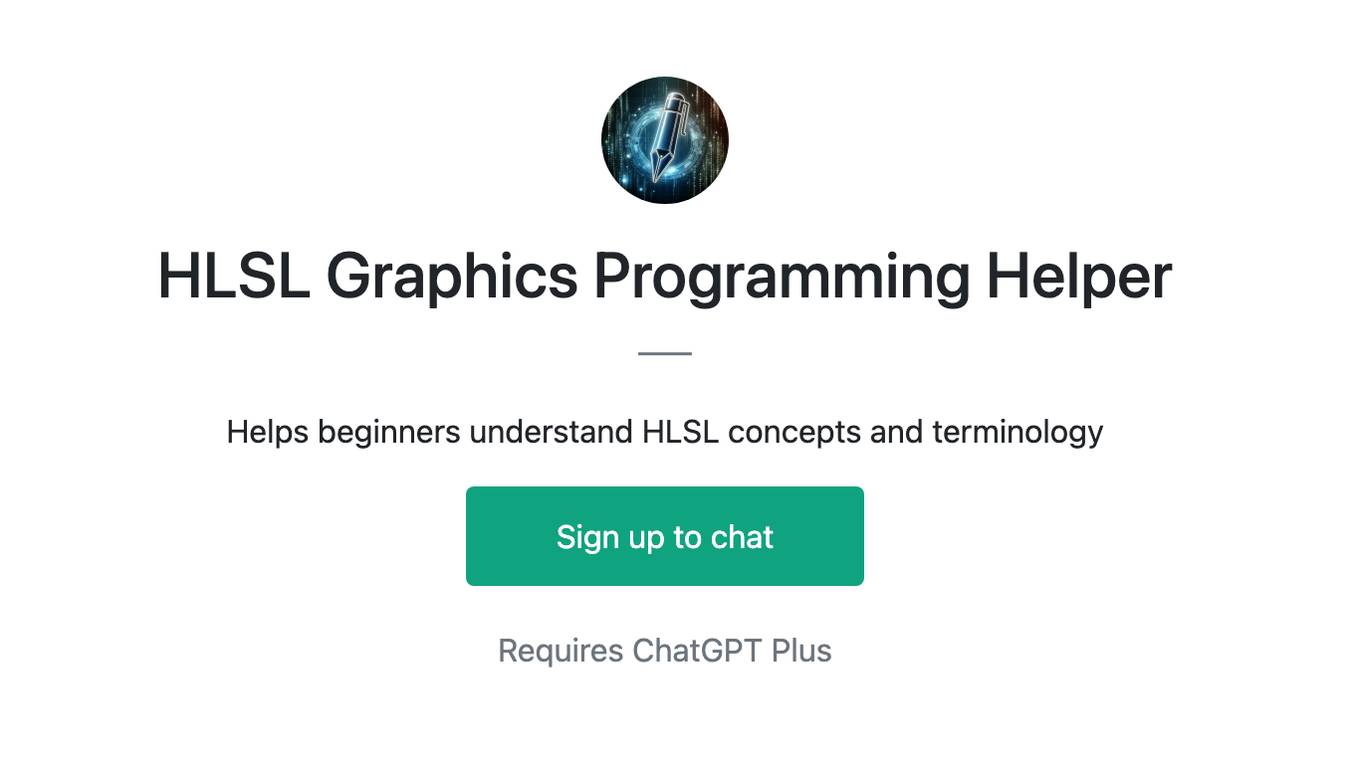Best AI tools for< Understand Codebase >
20 - AI tool Sites
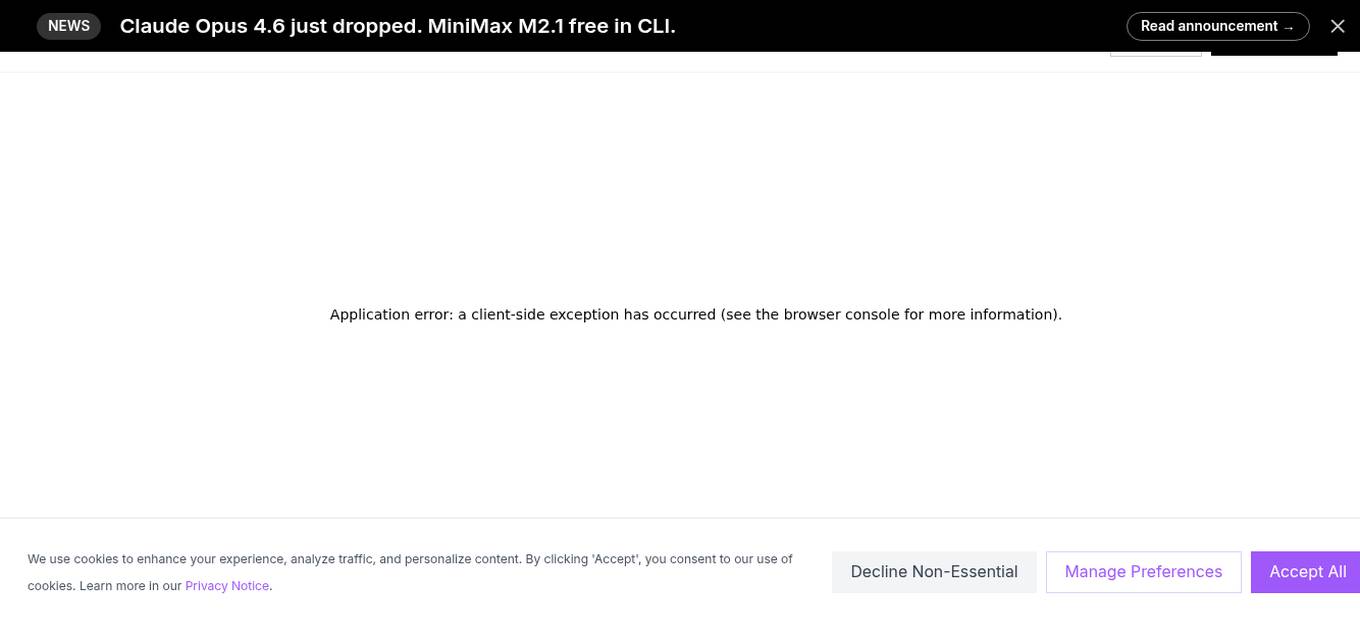
Cline
Cline is an AI coding tool that offers open-source and uncompromised enterprise pricing solutions. It provides a coding assistant with full AI capabilities integrated into popular code editors like Visual Studio Code and JetBrains IDE suite. Cline helps developers understand, refactor, and automate their codebase efficiently. The tool is designed to enhance productivity and collaboration within engineering teams by leveraging AI technology.
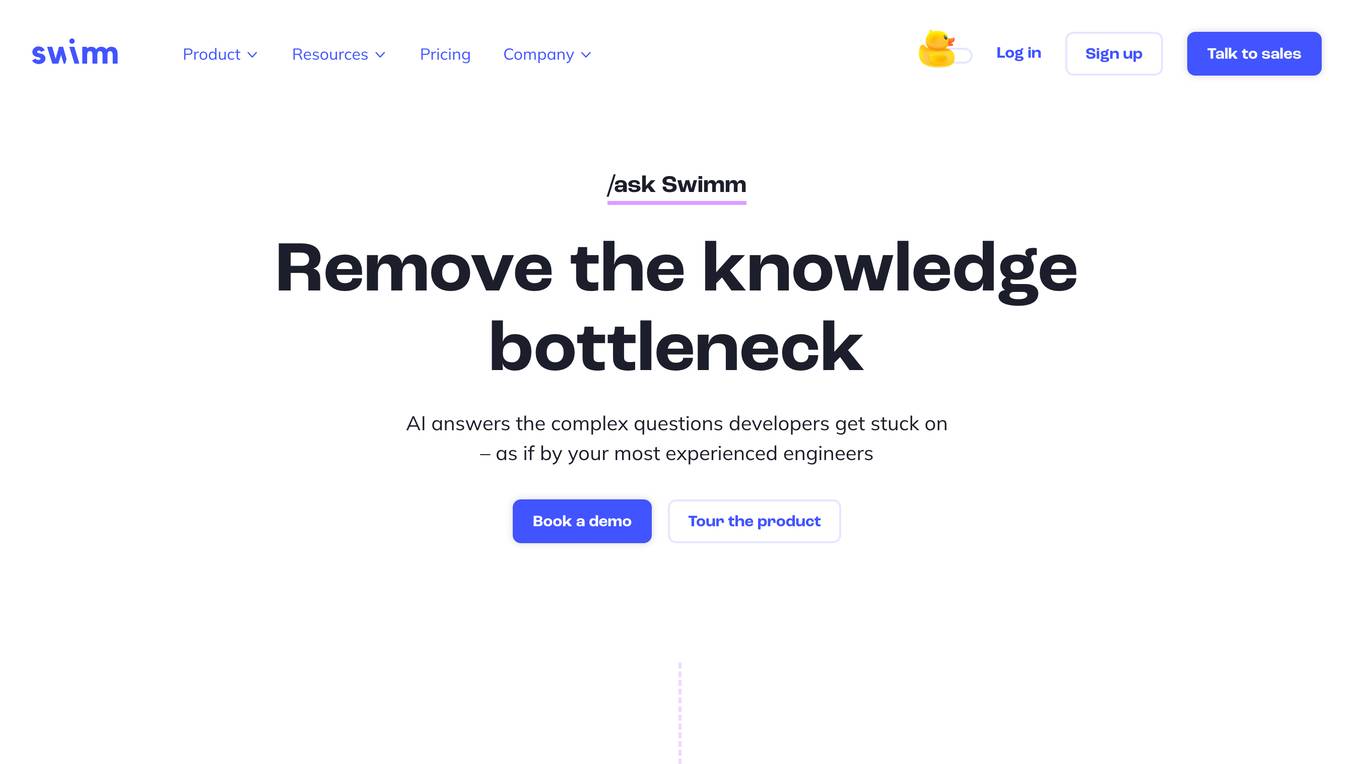
Swimm
Swimm is an Application Understanding Platform that helps users accelerate their modernization timeline by automatically reverse engineering legacy code. It creates a living inventory of programs, modules, and dependencies, uncovers buried business logic, and turns insights into action. Swimm provides a complete overview of codebase architecture, generates diagrams with clear explanations, and allows for the creation of business rules documentation. The platform is built on advanced deterministic code analysis combined with AI, ensuring accurate and reliable results for users.
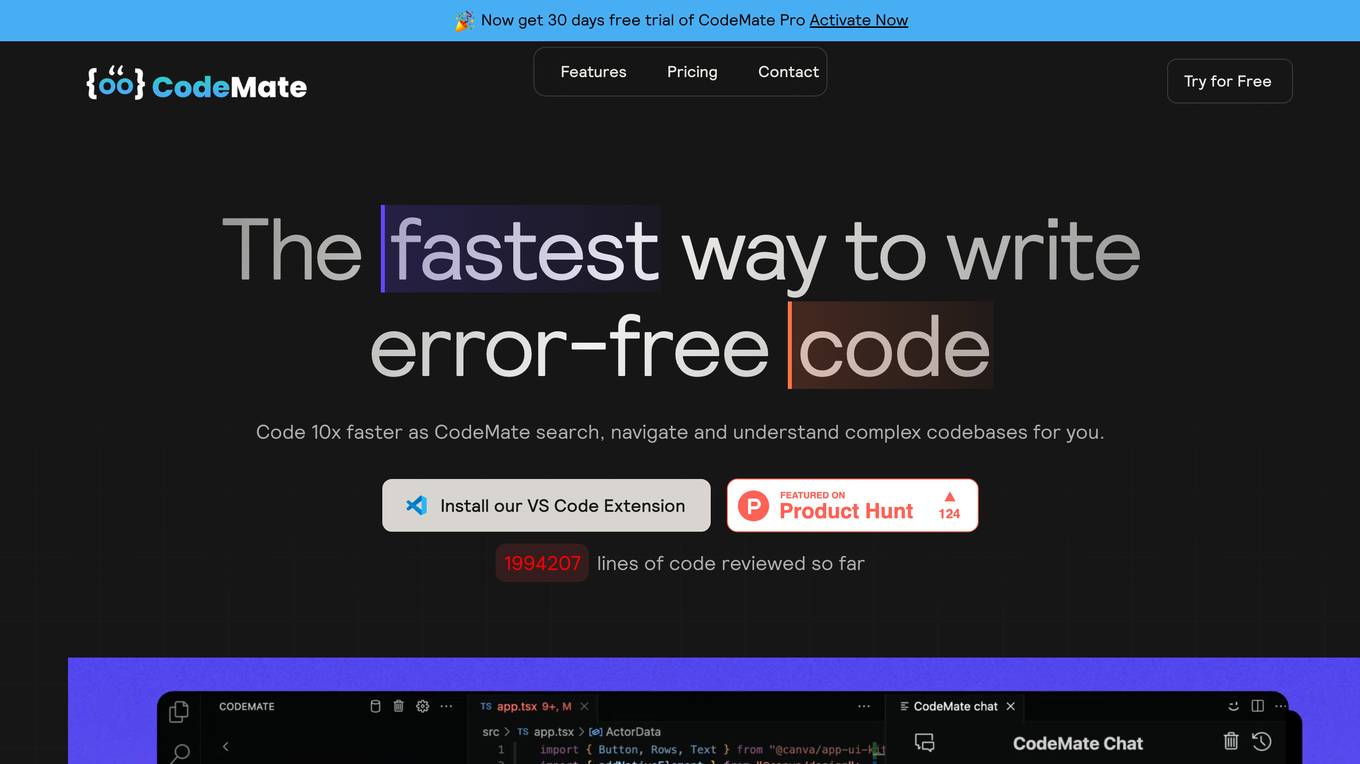
CodeMate
CodeMate is an AI pair programmer tool designed to help developers write error-free code faster. It offers features like code navigation, understanding complex codebases, intuitive interface for smarter coding, instant debugging, code refactoring, and AI-powered code reviews. CodeMate supports all programming languages and provides suggestions for code optimizations. The tool ensures the security and privacy of user code and offers different pricing plans for individual developers, teams, and enterprises. Users can interact with their codebase, documentation, and Git repositories using CodeMate Chat. The tool aims to improve code quality and productivity by acting as a co-developer while programming.
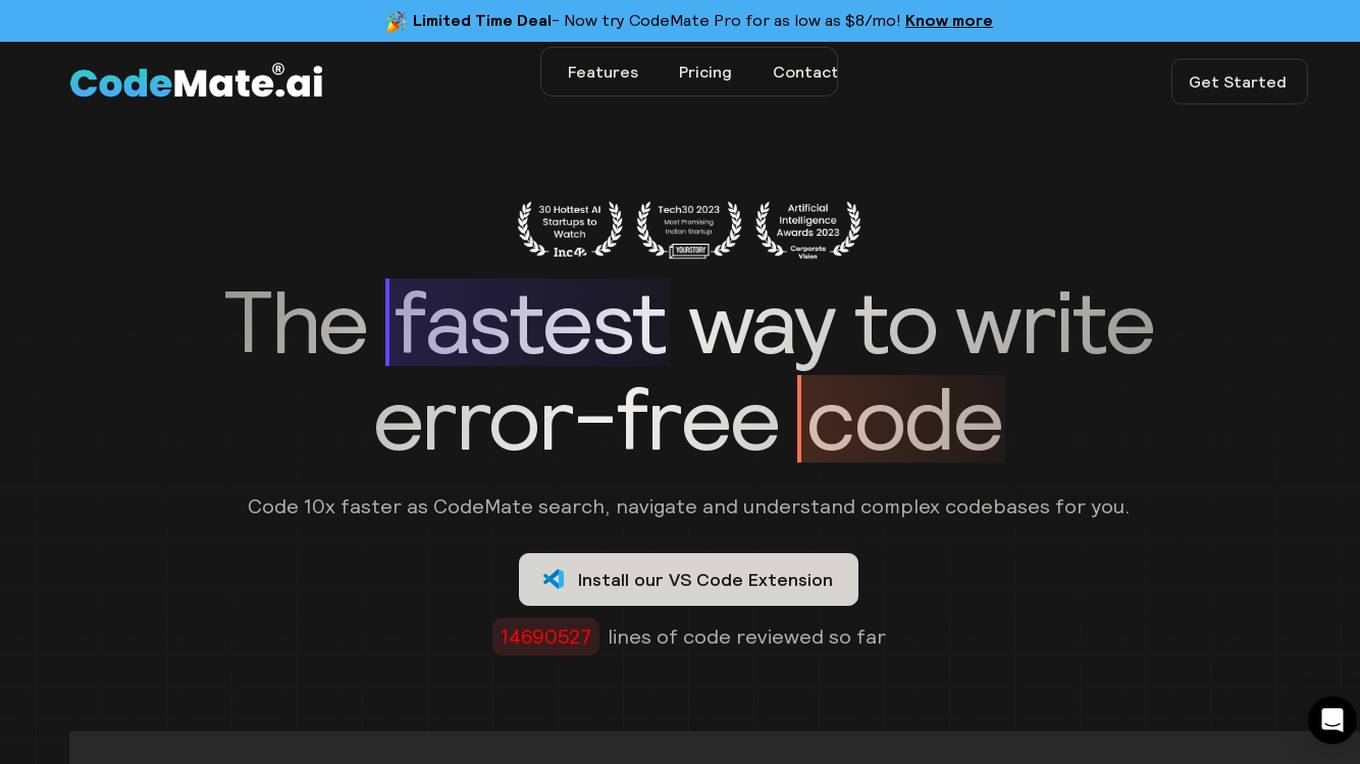
CodeMate
CodeMate is an AI pair programmer tool designed to help developers write error-free code faster and more efficiently. It offers features such as code analysis, debugging assistance, code refactoring, and code review using advanced AI algorithms and machine learning techniques. CodeMate supports various programming languages and provides a secure environment for developers to work on their projects. With a user-friendly interface and collaborative features, CodeMate aims to streamline the coding process and enhance productivity for individual developers, teams, and enterprises.
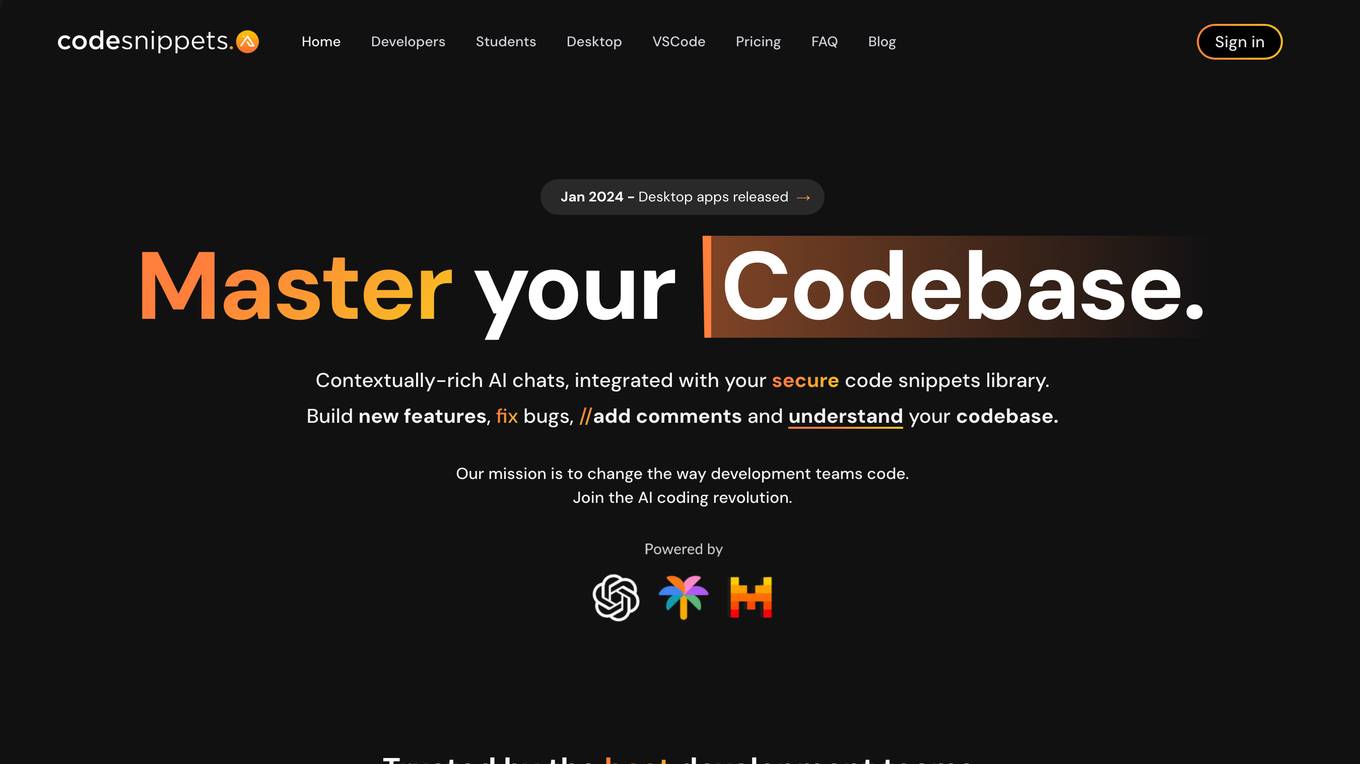
Code Snippets AI
Code Snippets AI is an AI-powered code snippets library for teams. It helps developers master their codebase with contextually-rich AI chats, integrated with a secure code snippets library. Developers can build new features, fix bugs, add comments, and understand their codebase with the help of Code Snippets AI. The tool is trusted by the best development teams and helps developers code smarter than ever. With Code Snippets AI, developers can leverage the power of a codebase aware assistant, helping them write clean, performance optimized code. They can also create documentation, refactor, debug and generate code with full codebase context. This helps developers spend more time creating code and less time debugging errors.
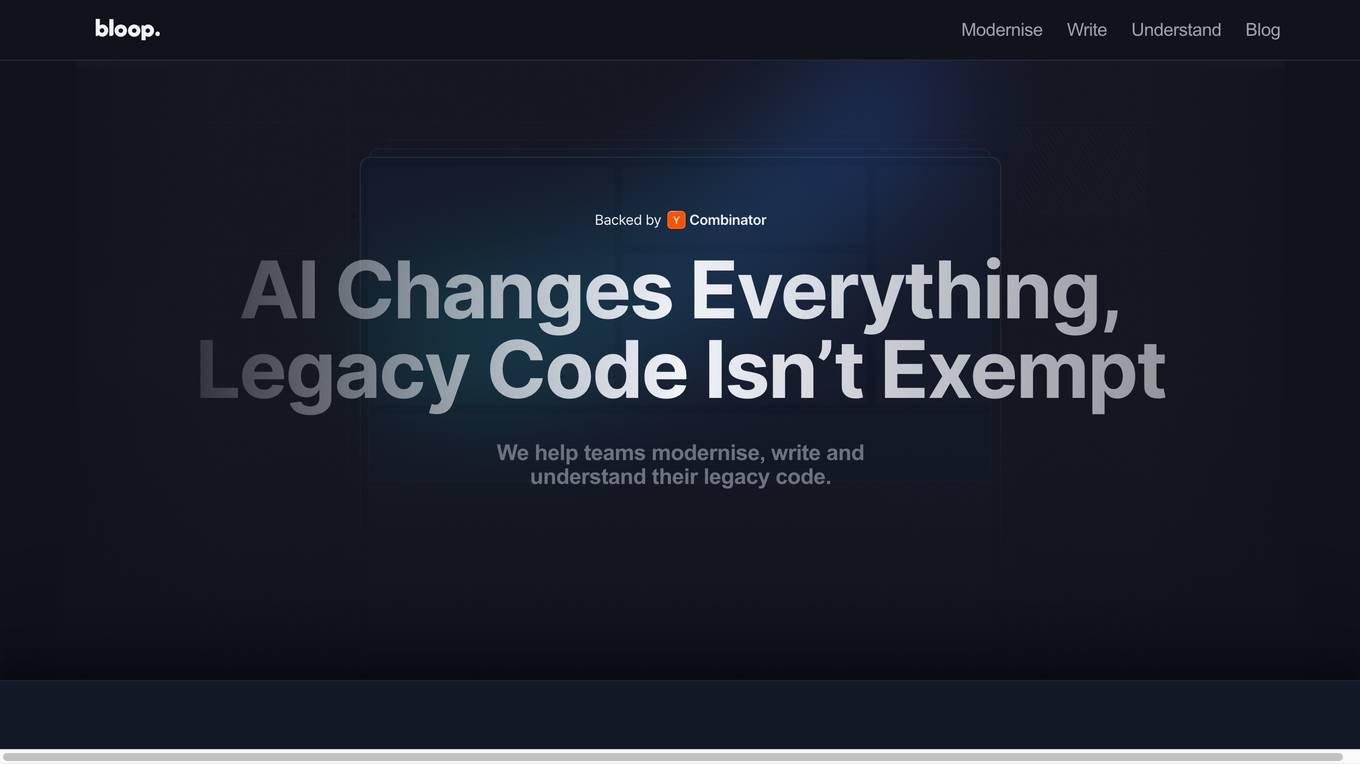
bloop
**bloop** is an AI-powered legacy code modernization tool that helps teams modernize, write, and understand their legacy code. With bloop, you can automatically convert COBOL and Java programs to readable Java code that can be immediately modified and maintained. bloop also provides an AI pair programmer that can help you write COBOL code faster and more efficiently. Additionally, bloop offers a variety of other features to help you understand your codebase, including natural language code navigation, multi-repo search, and regex matching.
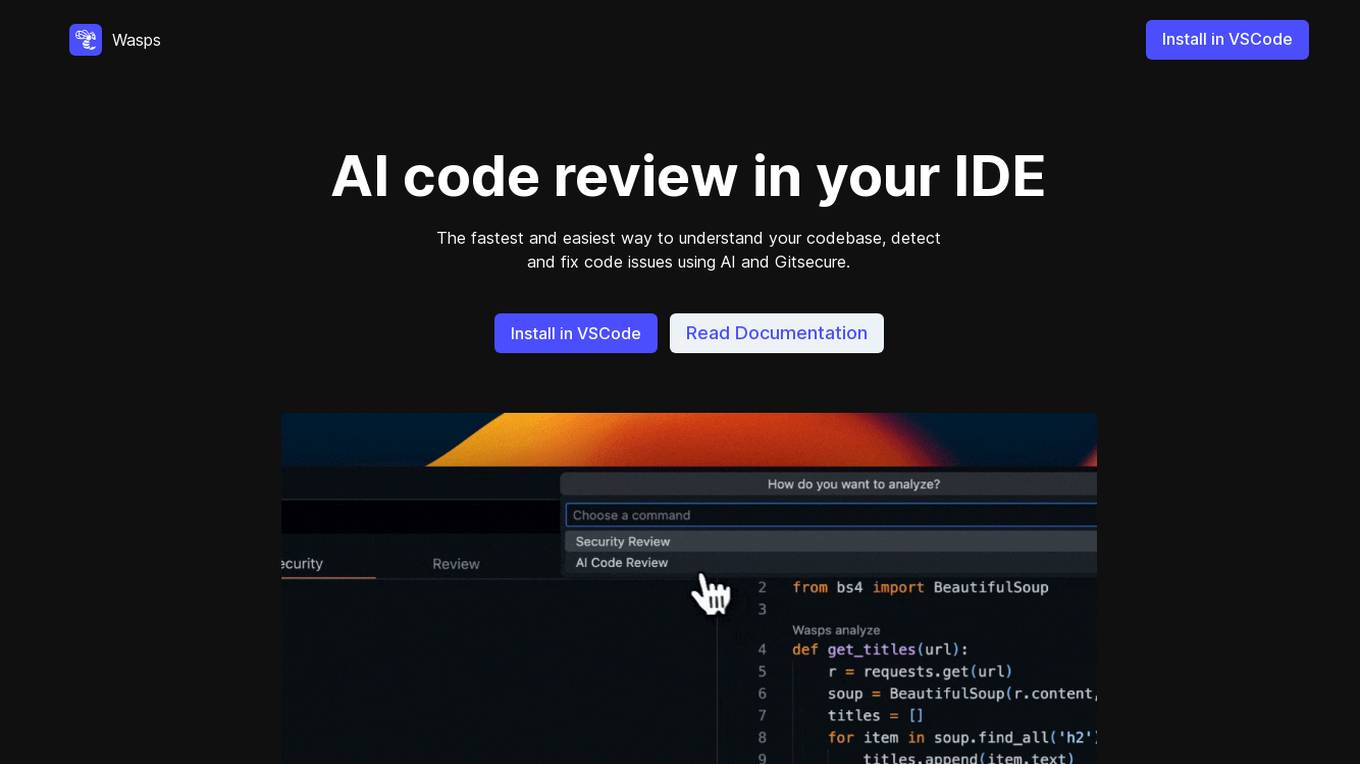
Wasps
Wasps is an AI code review tool that integrates seamlessly into VSCode, providing developers with a fast and efficient way to understand their codebase, detect and fix code issues using AI and Gitsecure. With Wasps, developers can identify and fix buggy & vulnerable code in minutes, receive clear and actionable feedback driven by deep analysis, and get recommendations for potential issues and improvements within their codebase. The tool allows developers to keep coding as usual while Wasps analyzes their code for them, making it easier to maintain code quality and keep bugs out of their code.

Greptile
Greptile is an AI tool designed to assist developers in code review processes. It integrates with GitHub to review pull requests and identify bugs, antipatterns, and other issues in the codebase. By leveraging AI technology, Greptile aims to streamline the code review process and improve code quality.
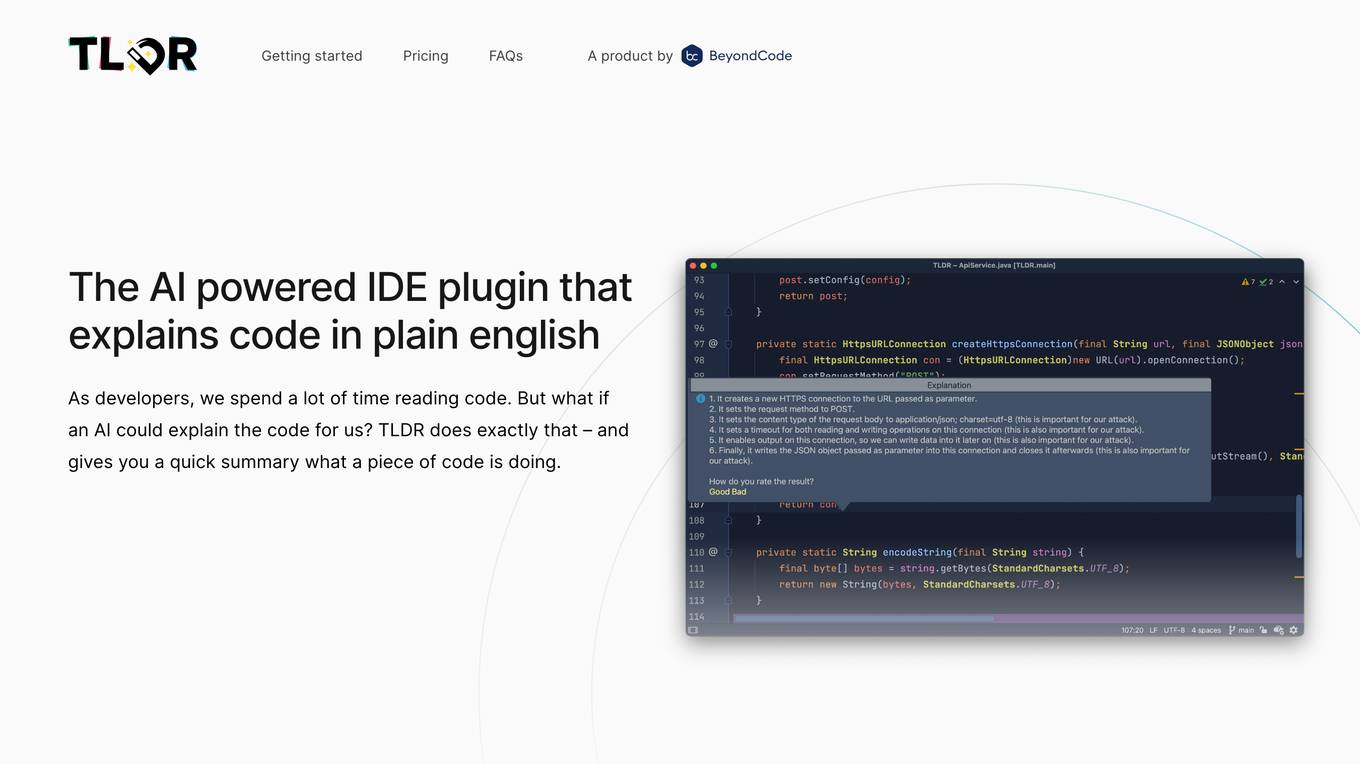
TLDR
TLDR is an AI-powered IDE plugin that explains code in plain English. It helps developers understand code by providing quick summaries of what a piece of code is doing. The tool supports almost all programming languages and offers a free version for users to try before purchasing. TLDR aims to simplify the understanding of complex code structures and save developers time in comprehending codebases.

Factory AI
Factory AI is a unified AI platform designed to assist software development teams in understanding, planning, coding, reviewing, and documenting software projects. It enables collaboration between humans and AI, streamlining workflows and enhancing productivity. The platform offers features such as codebase Q&A, code review with AI assistance, development work tools, migration planning, document creation, and internal tool building. Factory AI is built for enterprise use, providing a unified context, enterprise-grade security, team collaboration, standardized workflows, and native workflows for building with premier dev tools.
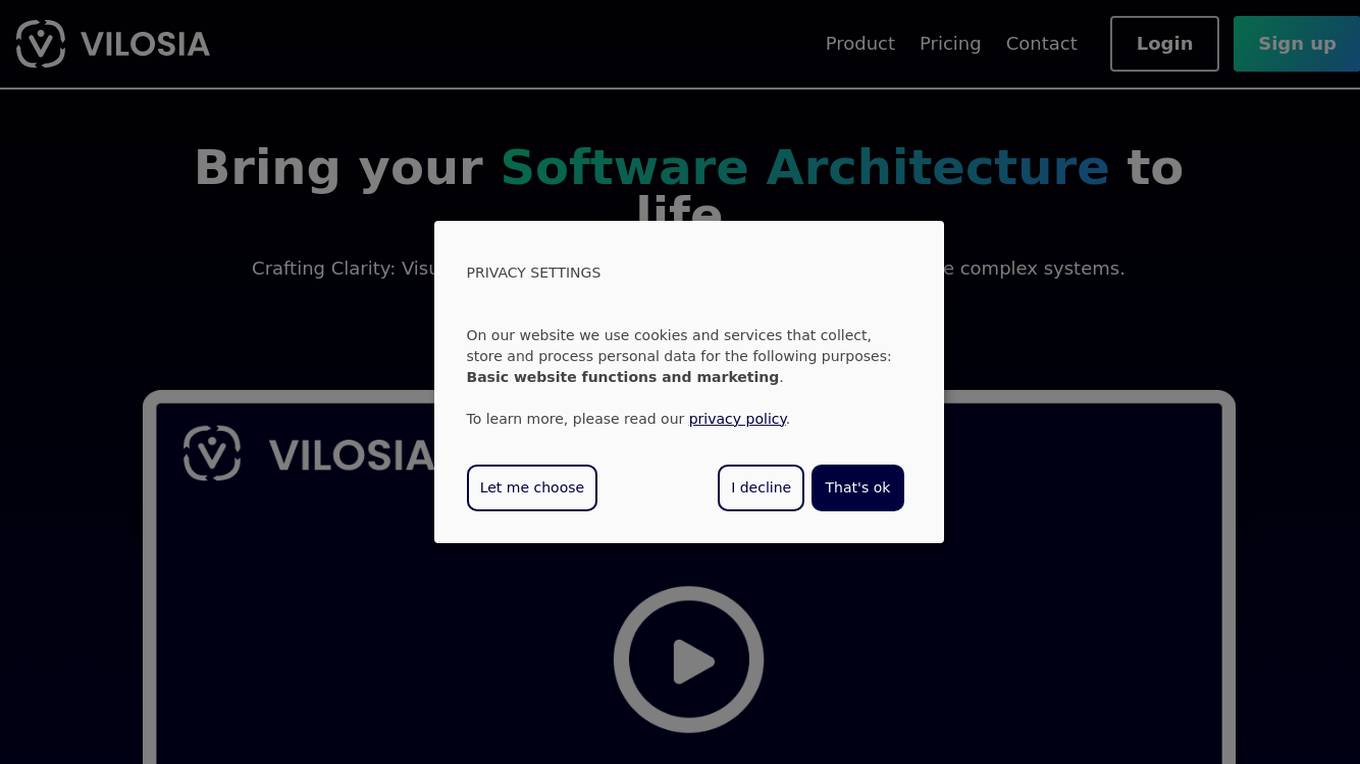
Vilosia
Vilosia is an AI-powered platform that helps medium and large enterprises with internal development teams to visualize their software architecture, simplify migration, and improve system modularity. The platform uses Gen AI to automatically add event triggers to the codebase, enabling users to understand data flow, system dependencies, domain boundaries, and external APIs. Vilosia also offers AI workflow analysis to extract workflows from function call chains and identify database usage. Users can scan their codebase using CLI client & CI/CD integration and stay updated with new features through the newsletter.
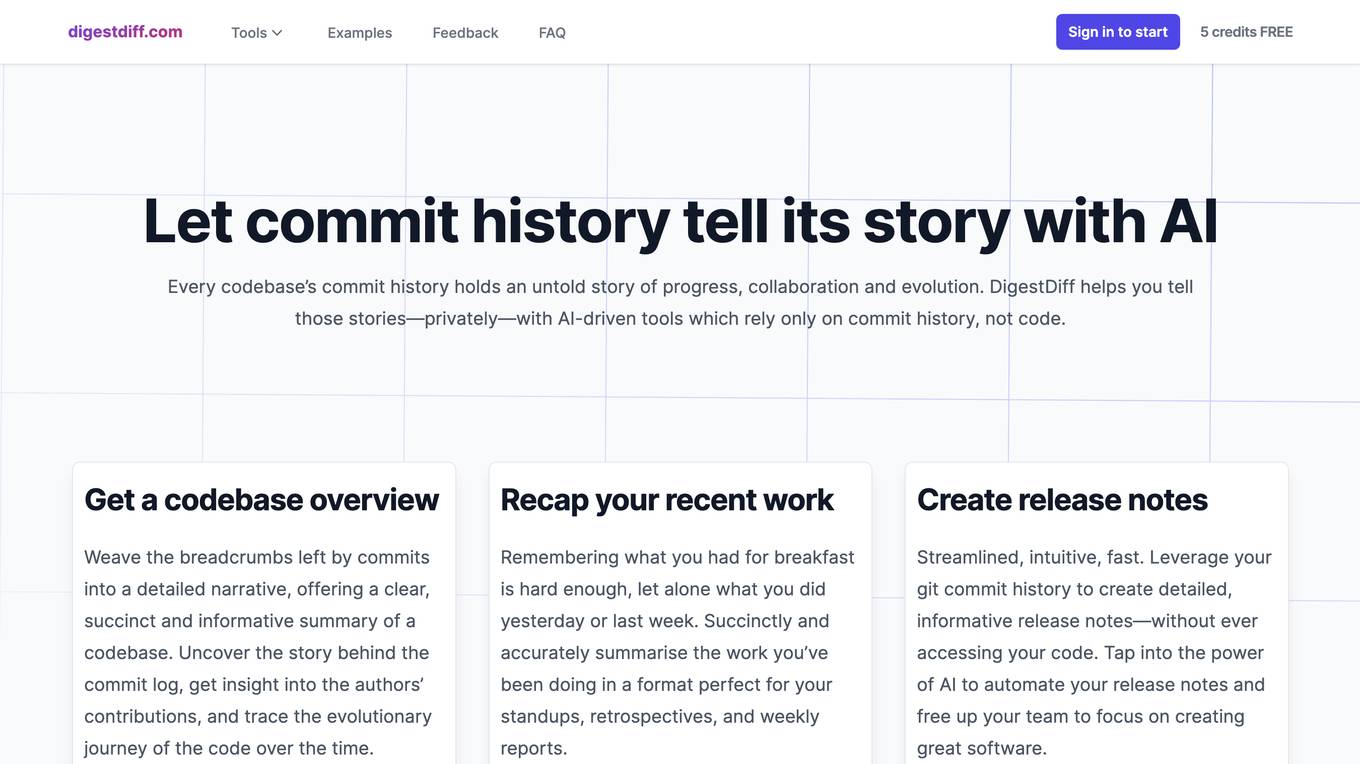
DigestDiff
DigestDiff is an AI-driven tool that helps users analyze and understand commit history in codebases. By leveraging AI technology, DigestDiff provides detailed narratives, summaries, and insights based solely on commit history, without accessing the code itself. Users can accelerate onboarding, recap recent work, create release notes, and maintain privacy and security while using the tool.
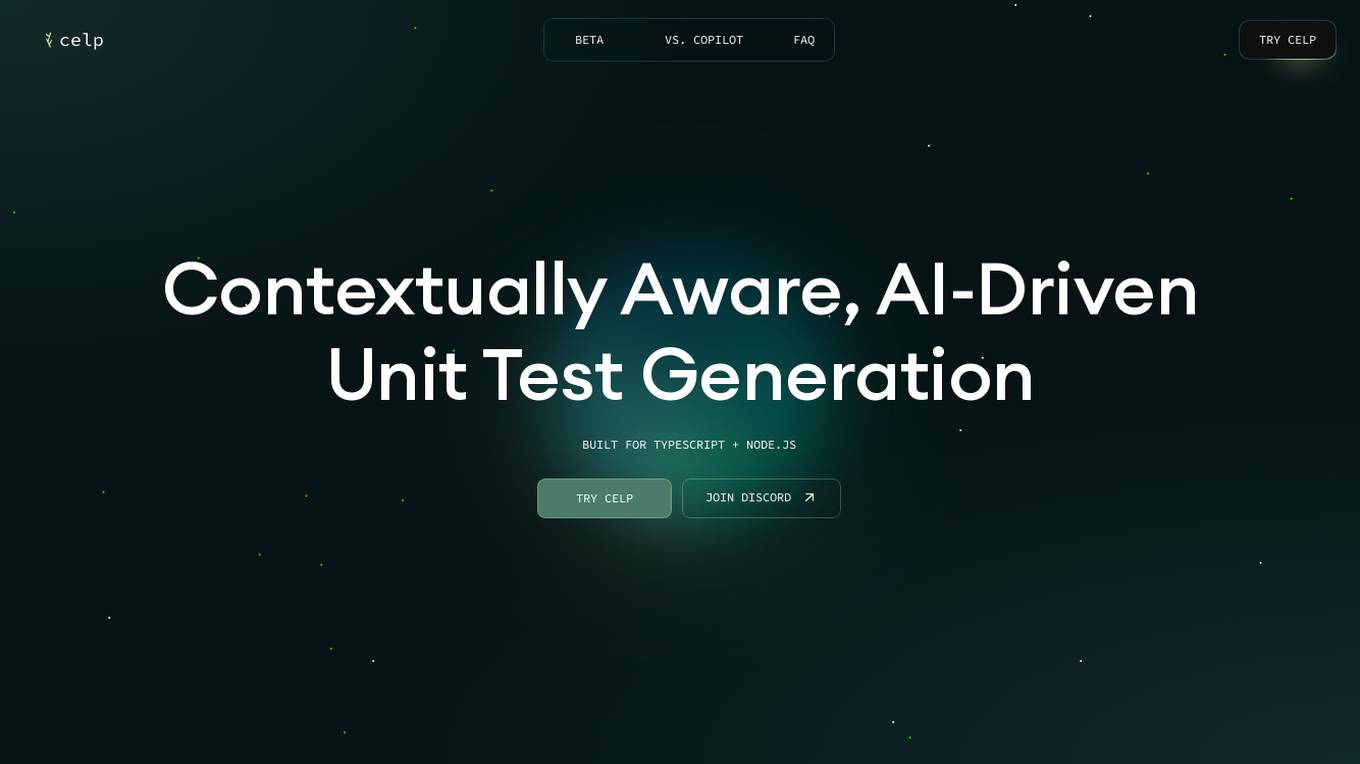
Celp
Celp is a contextually aware AI-driven unit test generation tool designed for Typescript Node.js projects. It intelligently parses and deeply understands your code, saving you time and ensuring code stability. It uses an agentic design pattern to build context through parsing with Abstract Syntax Trees and intermediary AI prompting. Celp focuses on essential context, formulates detailed plans, and automatically runs and resolves tests. It generates unit tests from selection, reuses existing code, and learns as you use it.
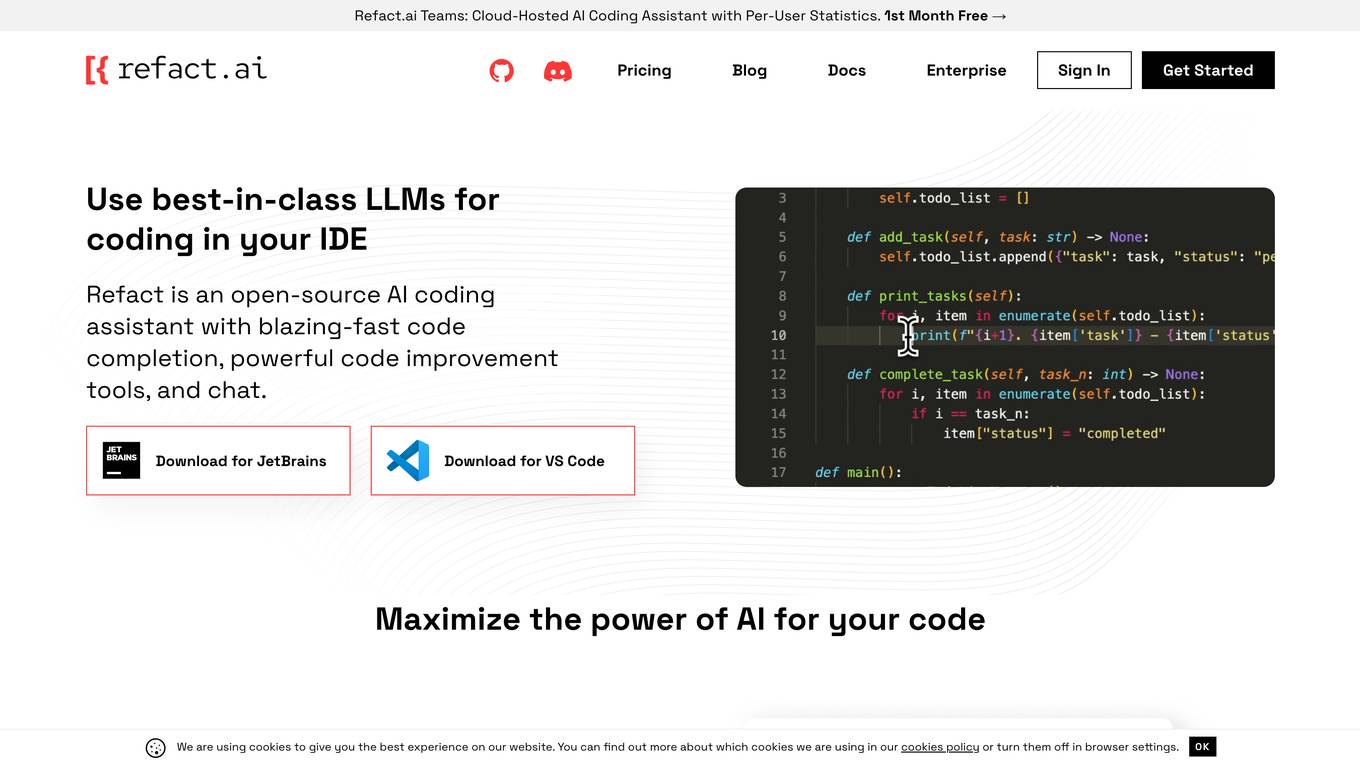
Refact.ai
Refact.ai is an open-source AI coding assistant that offers a range of features including code completion, refactoring, and chat. It supports various LLMs such as GPT-4 and Code LLama, allowing users to choose the model that best suits their needs. Refact understands the context of the codebase using a fill-in-the-middle technique, providing relevant suggestions. Users can opt for a self-hosted version or adjust privacy settings for the plugin.

KushoAI
Kusho is an AI-powered tool designed to help software developers build bug-free software efficiently. It offers the capability to transform API specs into exhaustive test suites that seamlessly integrate into the CI/CD pipeline. With KushoAI, developers can generate robust AI-generated test suites, receive AI-analyzed test results, and modify code instantly based on real-time reports. The tool is customizable to meet company's context and understands natural language prompts to produce test case code instantly. KushoAI ensures maximum test coverage in minutes, saves hours of manual effort, and adapts to the codebase to prevent missing any test cases.

xAI Grok
xAI Grok is a visual analytics platform that helps users understand and interpret machine learning models. It provides a variety of tools for visualizing and exploring model data, including interactive charts, graphs, and tables. xAI Grok also includes a library of pre-built visualizations that can be used to quickly get started with model analysis.

Brandwatch
Brandwatch is a social media management and analytics platform that helps businesses understand and engage with their customers. It offers a range of features, including social listening, influencer marketing, and content management. Brandwatch is used by some of the world's largest brands, including Virgin Holidays, OnePlus, and Metia.
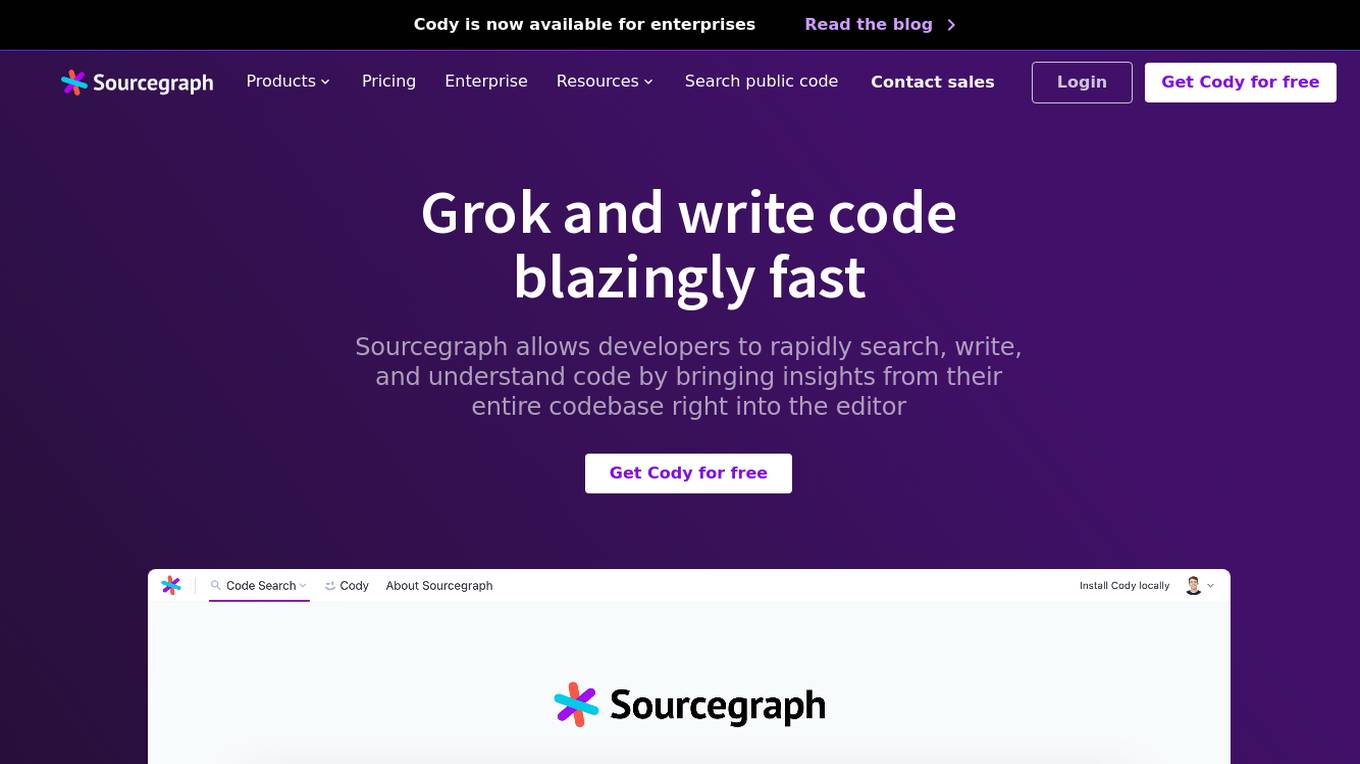
Sourcegraph
Sourcegraph is a code intelligence platform that helps developers write, fix, and maintain code faster. It uses artificial intelligence to understand the code graph and provide insights that help developers focus on writing and shipping code. Sourcegraph is used by over 2.5 million engineers at companies like Google, Amazon, and Microsoft.
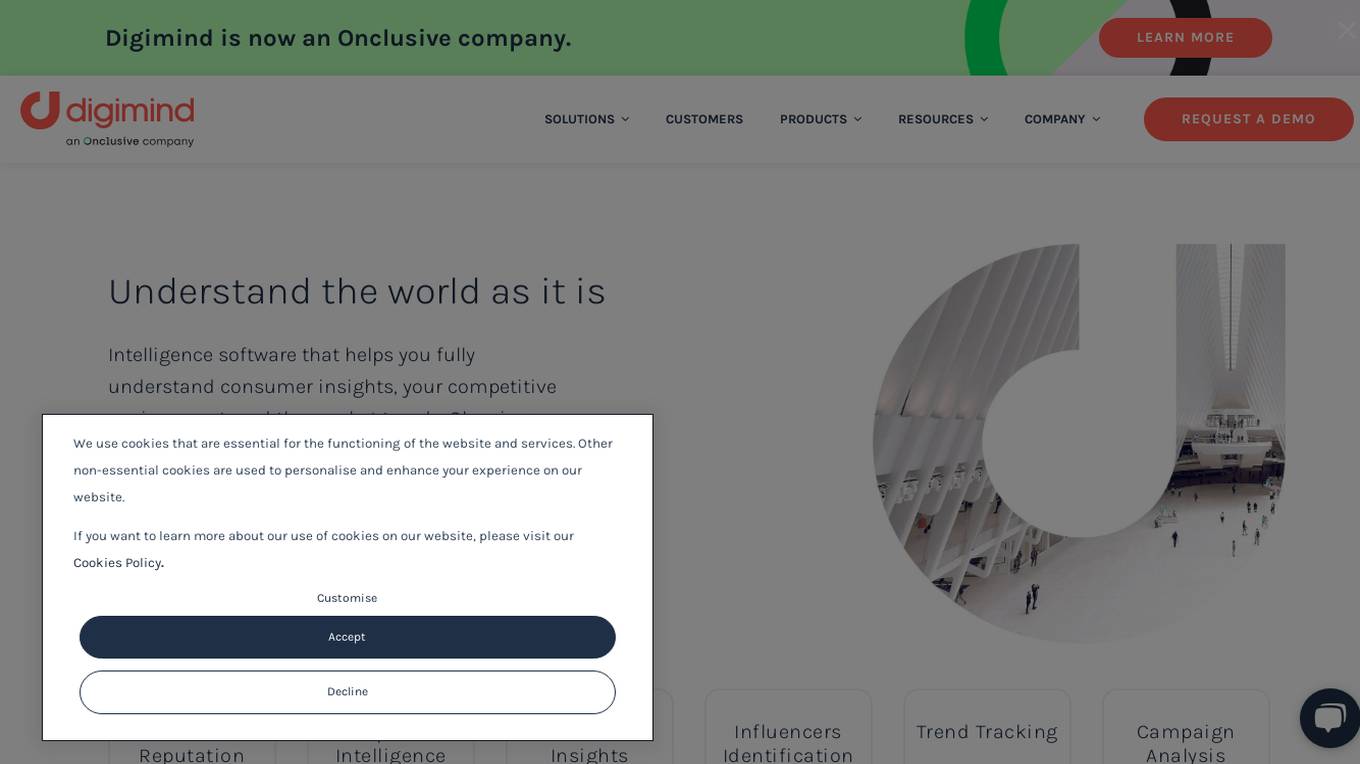
Digimind
Digimind is an intelligence software platform that provides solutions for brand reputation, competitive intelligence, consumer insights, influencer identification, trend tracking, and campaign analysis. It leverages Artificial Intelligence (AI) to collect and analyze billions of content pieces, offering real-time market intelligence and helping users fully understand consumer insights and market trends. The platform is trusted by global brands and agencies, offering easy-to-read, up-to-date analysis and reports. Digimind's AI Sense technology provides automated curation and recommended actions, delivering compelling reports instantly.

InstantPersonas
InstantPersonas is an AI-powered tool that allows users to generate detailed user personas in seconds. It helps marketers and business owners understand their audience better by providing real-time insights into the thoughts of their audience. With InstantPersonas, users can create persona-driven content that resonates with their target audience, ultimately improving their content creation process and marketing strategies. The tool offers industry-leading AI capabilities at an affordable price, making it a valuable asset for businesses looking to enhance their marketing efforts.
2 - Open Source AI Tools
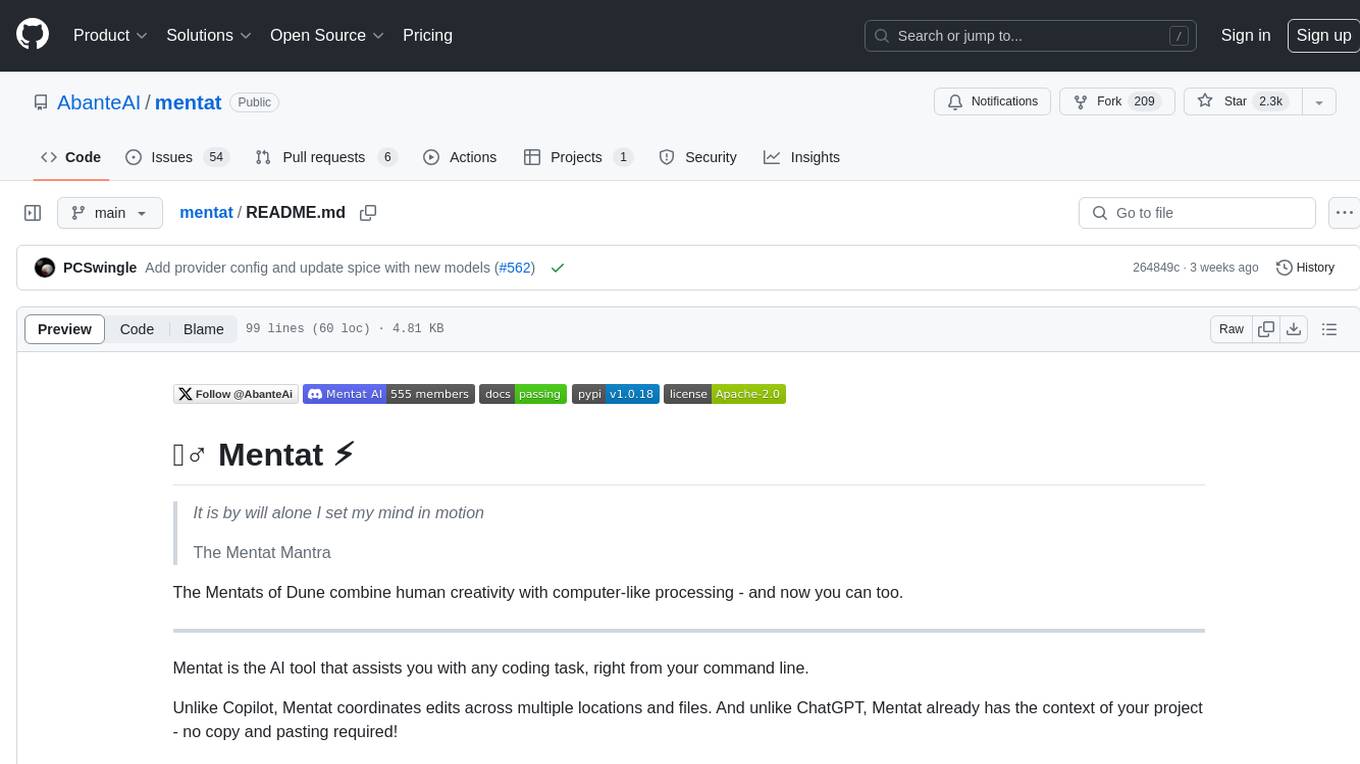
mentat
Mentat is an AI tool designed to assist with coding tasks directly from the command line. It combines human creativity with computer-like processing to help users understand new codebases, add new features, and refactor existing code. Unlike other tools, Mentat coordinates edits across multiple locations and files, with the context of the project already in mind. The tool aims to enhance the coding experience by providing seamless assistance and improving edit quality.
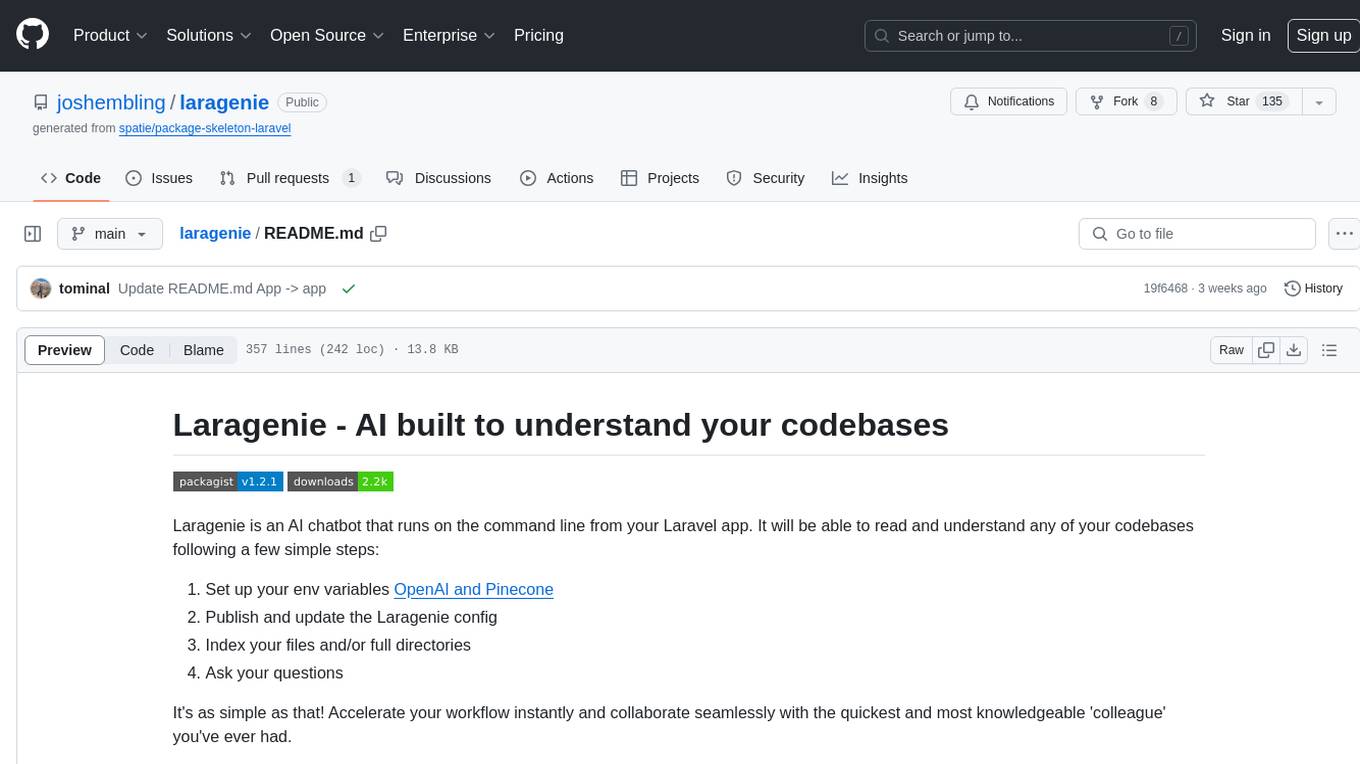
laragenie
Laragenie is an AI chatbot designed to understand and assist developers with their codebases. It runs on the command line from a Laravel app, helping developers onboard to new projects, understand codebases, and provide daily support. Laragenie accelerates workflow and collaboration by indexing files and directories, allowing users to ask questions and receive AI-generated responses. It supports OpenAI and Pinecone for processing and indexing data, making it a versatile tool for any repo in any language.
20 - OpenAI Gpts
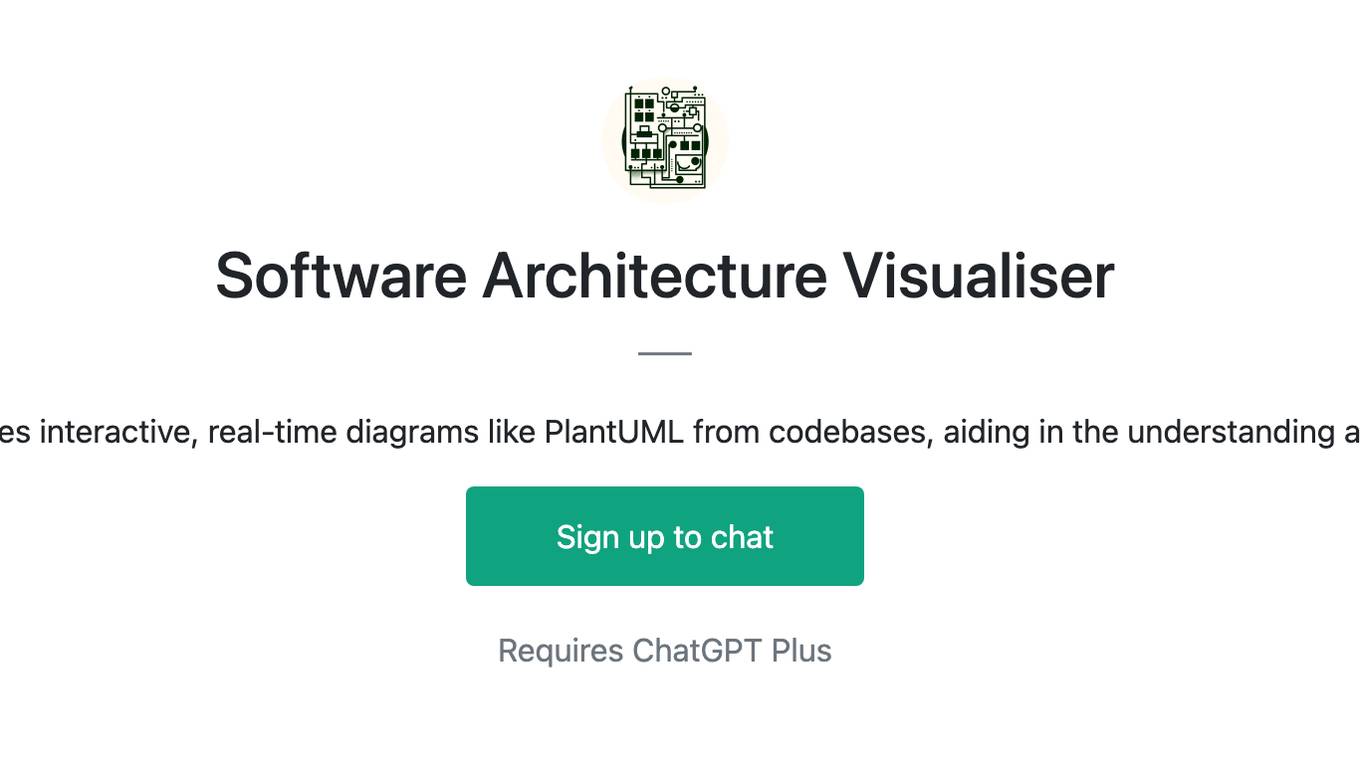
Software Architecture Visualiser
A tool that automatically generates interactive, real-time diagrams like PlantUML from codebases, aiding in the understanding and design of software systems
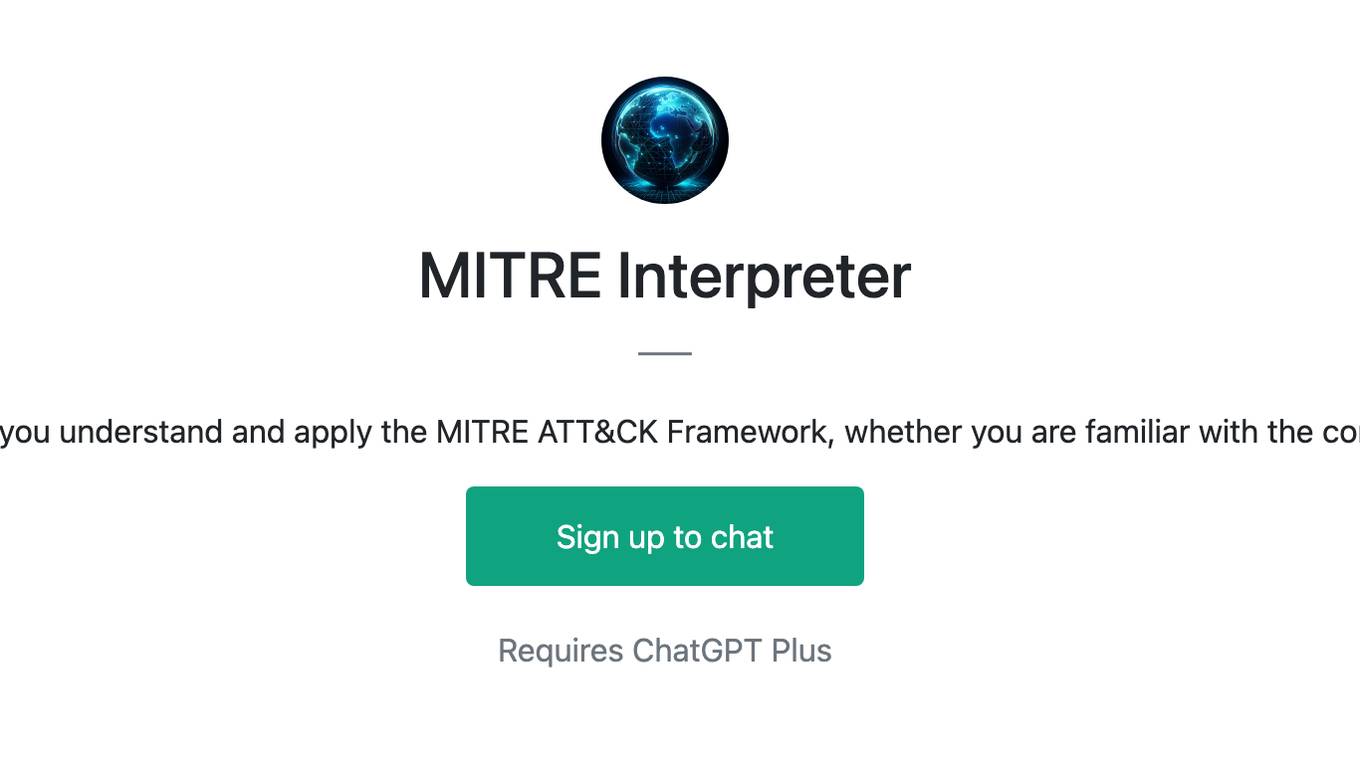
MITRE Interpreter
This GPT helps you understand and apply the MITRE ATT&CK Framework, whether you are familiar with the concepts or not.
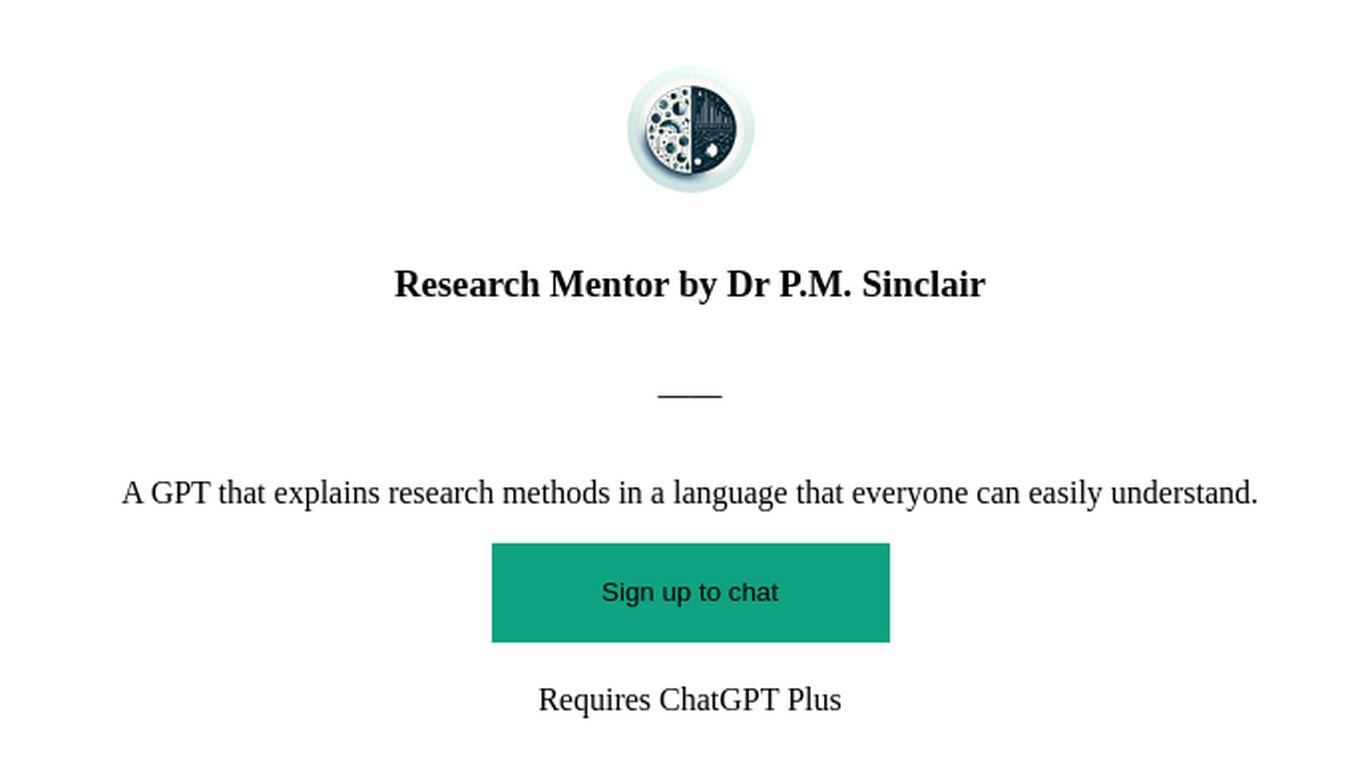
Research Mentor by Dr P.M. Sinclair
A GPT that explains research methods in a language that everyone can easily understand.

Praise Master
Our aim is to understand your unique needs intimately, providing customized commendations that sincerely convey your appreciation and recognition. Moreover, we will design and match the most suitable images to accompany the sentiment of your praise, enhancing the impact visually.

Personal Cryptoasset Security Wizard
An easy to understand wizard that guides you through questions about how to protect, back up and inherit essential digital information and assets such as crypto seed phrases, private keys, digital art, wallets, IDs, health and insurance information for you and your family.
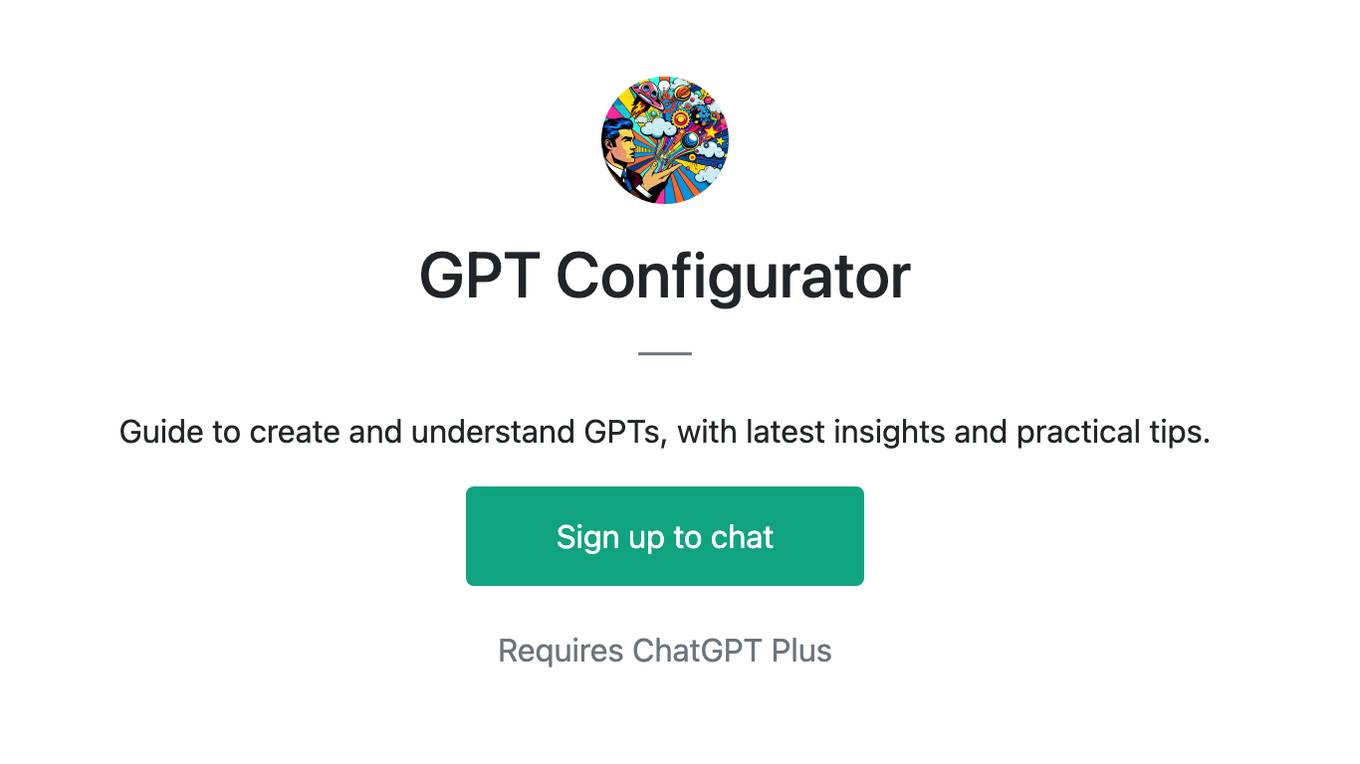
GPT Configurator
Guide to create and understand GPTs, with latest insights and practical tips.

Non-Profit Press Release Pro
Easy-to-understand guidance for non-profits in crafting impactful press releases.
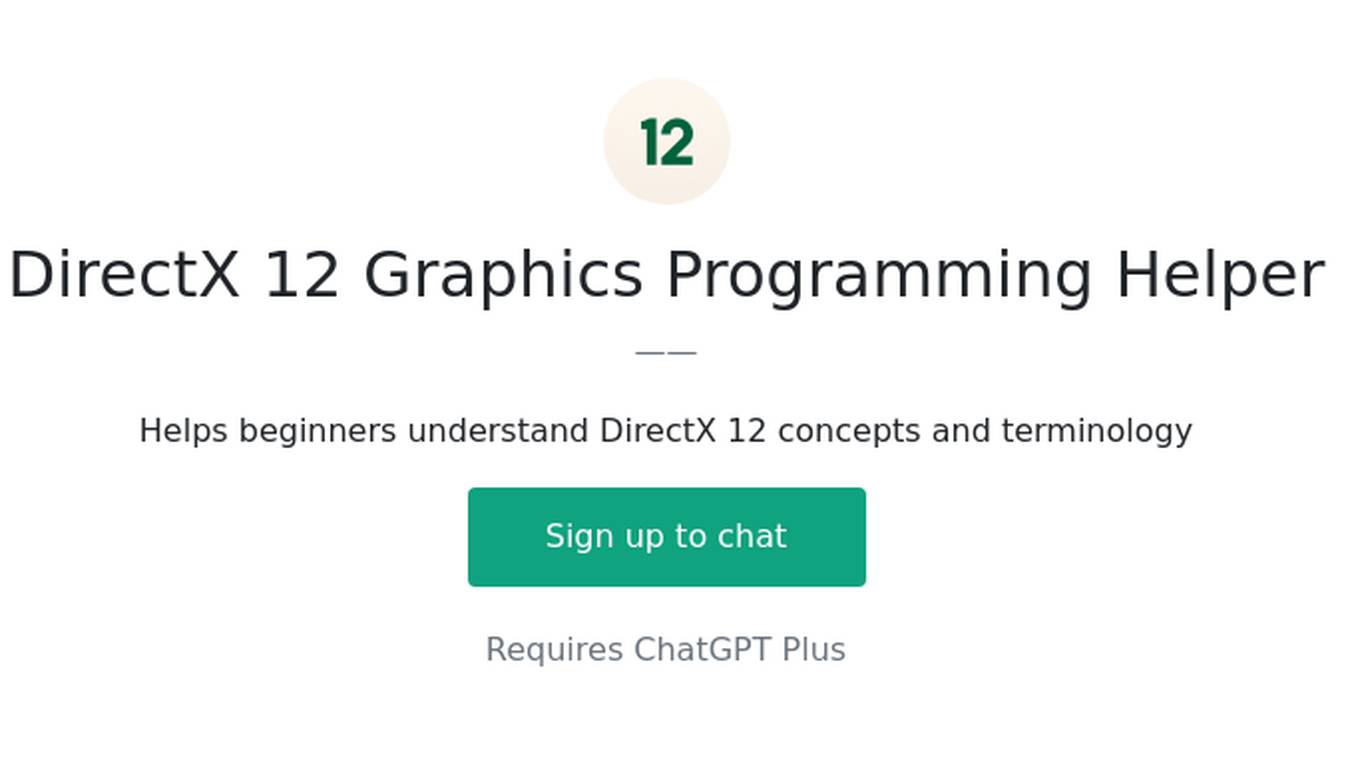
DirectX 12 Graphics Programming Helper
Helps beginners understand DirectX 12 concepts and terminology
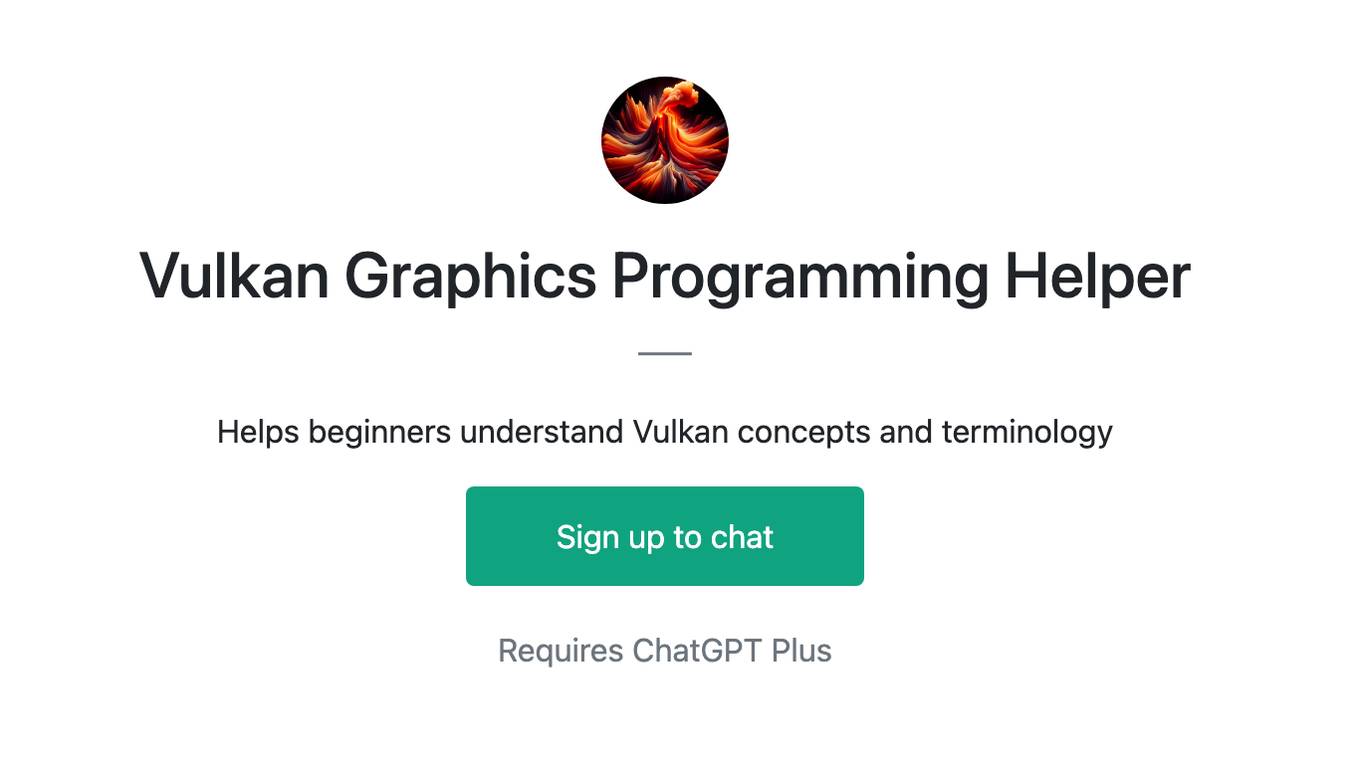
Vulkan Graphics Programming Helper
Helps beginners understand Vulkan concepts and terminology
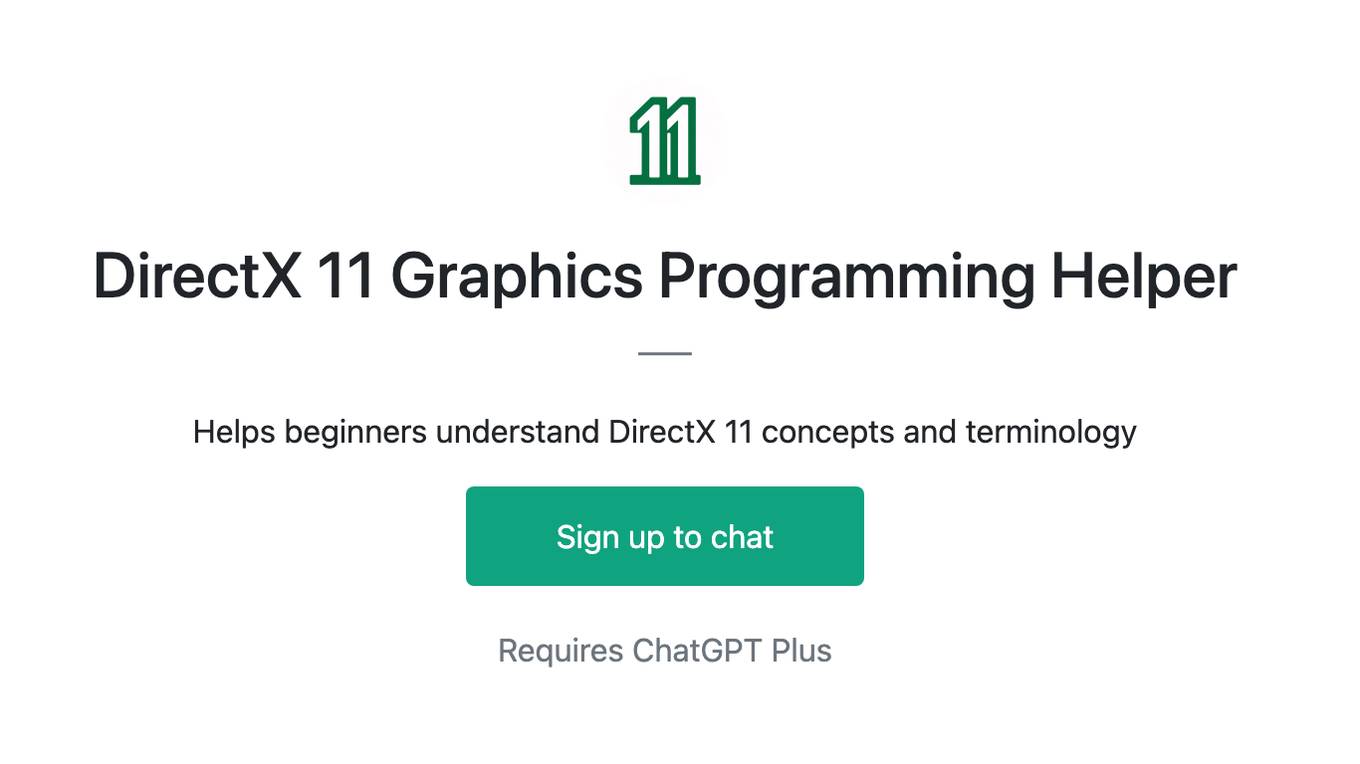
DirectX 11 Graphics Programming Helper
Helps beginners understand DirectX 11 concepts and terminology

